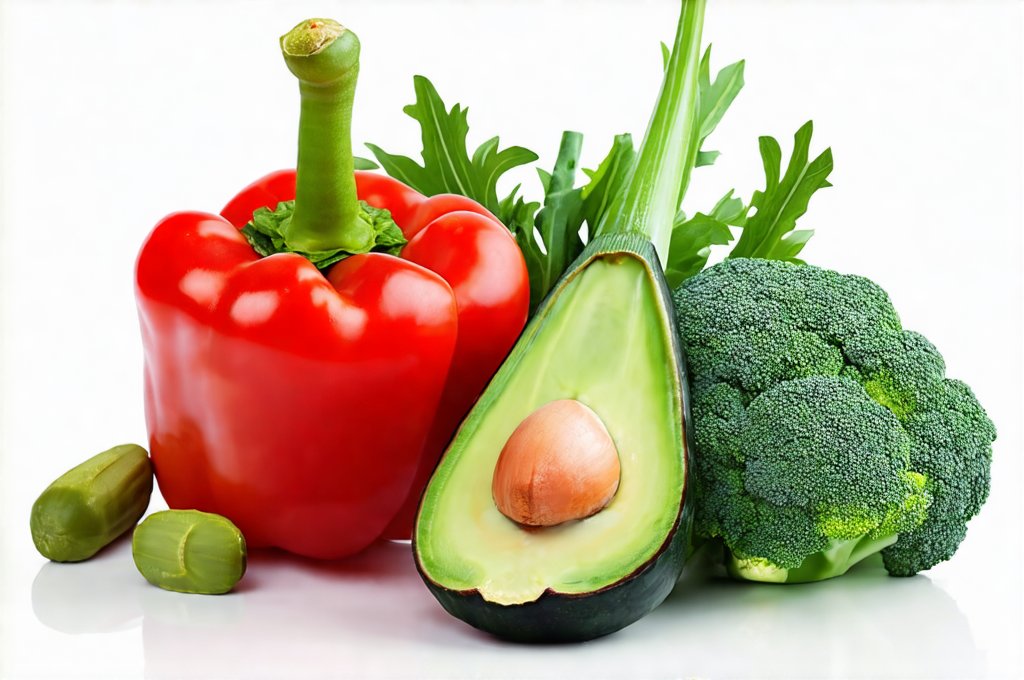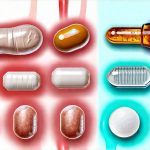Many people experience occasional bladder irritation – that uncomfortable urge to go, even when your bladder isn’t full, or the sensation of burning during urination. While often temporary, for some individuals these symptoms can become chronic and significantly impact their quality of life. It’s crucial to understand that a multitude of factors can contribute to bladder irritation, ranging from infections and medical conditions to lifestyle choices. However, one surprisingly common culprit is diet. Certain foods and beverages have been identified as potential triggers for bladder sensitivity in susceptible individuals, leading to increased frequency, urgency, or discomfort.
Identifying dietary triggers isn’t always straightforward because everyone reacts differently. What bothers one person might not affect another. Furthermore, the effect can be cumulative – a small amount of a triggering food may not cause issues, but combining several over a period of time could lead to noticeable symptoms. This article will explore common foods that are often associated with bladder irritation, providing insights into why they might have this effect and offering strategies for managing potential sensitivities. Remember, it’s always best to consult with a healthcare professional if you’re experiencing persistent or severe bladder issues; dietary changes should be considered part of a broader approach to health management. You may find helpful information about foods that naturally ease irritation as well.
Common Dietary Culprits
The link between diet and bladder health isn’t fully understood, but several theories explain why certain foods may exacerbate symptoms. One prominent theory centers around chemical compounds found in food that can irritate the bladder lining. For instance, acidic foods can directly impact the sensitive tissues within the bladder, causing inflammation and discomfort. Another factor is osmolality – how concentrated a liquid is. Highly osmotic beverages (like those with high sugar content) can draw water into the bladder, increasing its volume and triggering urgency. Finally, some foods contain compounds that may increase inflammation in the body generally, which can indirectly affect bladder function.
Several food groups consistently appear on lists of potential bladder irritants. – Citrus fruits like oranges, grapefruits, and lemons are well-known for their acidity. – Tomato-based products, including sauces, juices, and ketchup, also fall into this category due to their high acid content. – Spicy foods contain capsaicin, which can irritate the bladder lining in some individuals. – Caffeinated beverages (coffee, tea, soda) act as diuretics, increasing urine production and potentially aggravating urgency. – Alcohol, especially beer and wine, has a similar diuretic effect and can also contribute to inflammation. – Artificial sweeteners found in diet drinks and sugar-free products have been linked to bladder sensitivity for some people. It’s important to note that these aren’t universal triggers; many individuals can consume these foods without experiencing problems. Consider exploring foods that minimize the risk if you are concerned about your diet.
The impact of artificial sweeteners, in particular, deserves further attention. While marketed as a healthier alternative to sugar, certain artificial sweeteners – such as saccharin and aspartame – have been reported to cause bladder irritation in some people. The mechanism isn’t fully understood, but it may involve direct chemical irritation or alteration of the gut microbiome, leading to inflammation. If you suspect an artificial sweetener is contributing to your symptoms, consider eliminating it from your diet for a period to see if there’s improvement. Pay close attention to ingredient lists in processed foods and beverages, as these sweeteners are often hidden in unexpected places.
Managing Dietary Sensitivities
The first step in managing dietary sensitivities is identification. Keeping a detailed food diary can be incredibly helpful. Record everything you eat and drink, along with any bladder symptoms you experience (frequency, urgency, pain). Look for patterns – are your symptoms consistently worse after consuming certain foods? An elimination diet can also be effective. This involves removing suspected trigger foods from your diet for a few weeks, then gradually reintroducing them one at a time to observe if symptoms return.
It’s vital to introduce foods slowly and individually during the reintroduction phase. Start with small portions and monitor your body’s response closely. If a food consistently triggers symptoms, it’s best to eliminate or significantly reduce its consumption. Remember that dietary changes are often about moderation rather than complete restriction. You don’t necessarily need to cut out all potentially irritating foods forever; instead, focus on finding a balance that works for you and minimizes your symptoms. Staying well-hydrated is also crucial. While it might seem counterintuitive when experiencing urgency, adequate fluid intake actually helps dilute urine, reducing its irritant potential.
Identifying Hidden Irritants
Many seemingly harmless foods can contain hidden bladder irritants. – Processed foods often contain preservatives, artificial flavors, and other additives that may trigger sensitivity. Read labels carefully and opt for whole, unprocessed foods whenever possible. – Condiments, such as salad dressings and sauces, frequently include acidic ingredients or spices that can exacerbate symptoms. Consider making your own condiments from scratch using bladder-friendly alternatives. – Flavorings used in cooking (e.g., garlic powder, onion powder) may contain irritants for some individuals. Experiment with alternative seasonings like herbs to find what works best for you. You might also want to look at top spices that don’t cause sensitivity if you enjoy seasoning your food.
The Role of Gut Health
Emerging research suggests a strong connection between gut health and bladder function. An imbalance in the gut microbiome (dysbiosis) can lead to increased inflammation throughout the body, potentially impacting bladder sensitivity. – Probiotics found in fermented foods like yogurt and kefir may help restore a healthy balance in the gut. – Prebiotics, which are fibers that feed beneficial gut bacteria, are abundant in foods like bananas, onions, and garlic (though be mindful of individual tolerance). – Reducing inflammation through dietary changes (e.g., increasing intake of omega-3 fatty acids) can also support gut health and potentially alleviate bladder symptoms.
Hydration & Bladder-Friendly Beverages
Maintaining adequate hydration is paramount for overall health, but the type of fluids you consume matters when it comes to bladder irritation. – Water is always the best choice. – Herbal teas, such as chamomile or ginger tea, can be soothing and hydrating without being overly irritating. – Diluted cranberry juice (unsweetened) may offer some benefit for urinary tract health, but excessive consumption should be avoided due to its acidity. – Avoid caffeinated beverages, alcohol, and sugary drinks, which can exacerbate symptoms. Instead of chugging large amounts of water at once, sip it throughout the day to maintain consistent hydration without overwhelming your bladder. You might also consider pre-sleep foods that reduce stimulation before bed.





















